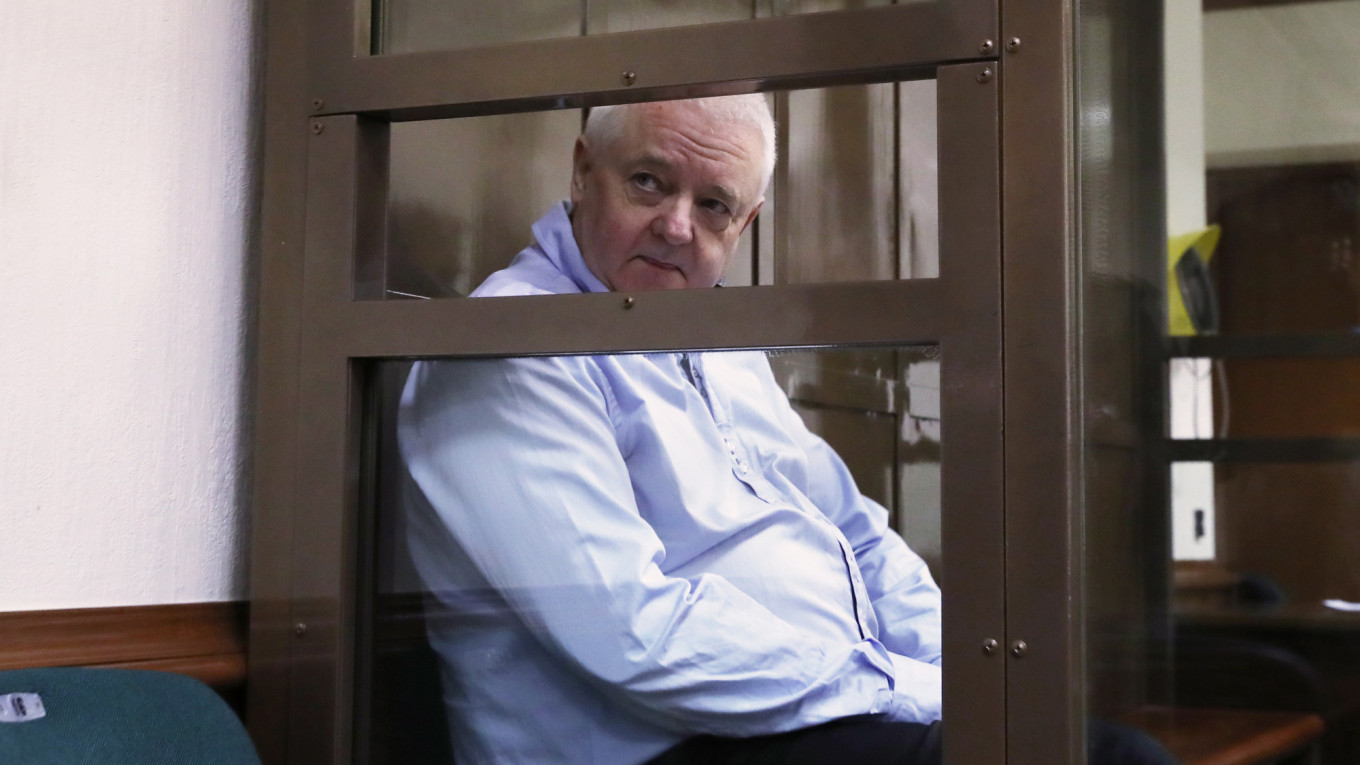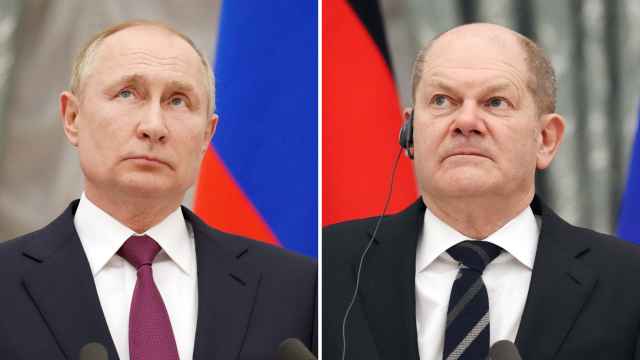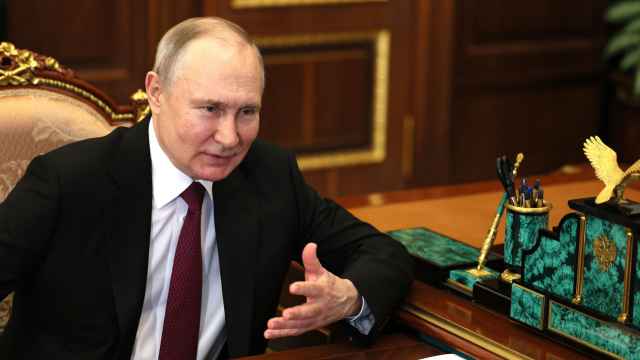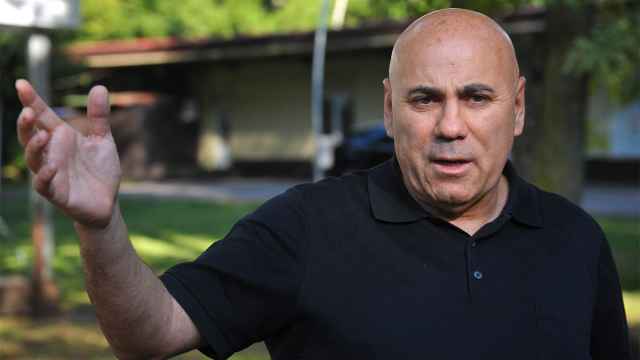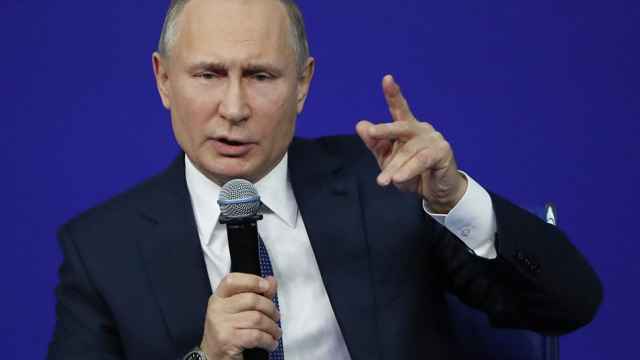A Russian commission on Thursday recommended President Vladimir Putin pardon a Norwegian man jailed for spying, spurring hopes in Norway that he may be released as part of a spy swap brokered behind closed doors.
Frode Berg, a retired guard on the Norwegian-Russian border, was detained in December 2017 and jailed for 14 years after being convicted of gathering intelligence about nuclear submarines. He pleaded not guilty to charges of espionage on behalf of Norway.
According to an unconfirmed Lithuanian Baltic News Service report earlier this month, Russia and Lithuania are negotiating a spy exchange that will secure the return of several captured agents, including a Norwegian national, to their home countries.
The Kremlin has declined to comment, but the report spurred speculation Berg would be released. Russia and Norway's foreign ministers are due to meet in Berg's hometown of Kirkenes on Friday.
On Thursday, an official Moscow commission that deals with prison pardons said it had recommended Berg be pardoned, something that is usually decided by Russia's president.
"Berg's request has been examined, a pardon was recommended. The documents have been sent to the presidential administration," Tatiana Potyaeva, a member of the commission, was quoted as saying.
"We interpret this as yet another confirmation that what has been said out of Vilnius over the last week is correct, and that there really is a three-way deal between Russia, Lithuania, and Norway, and that Frode Berg is part of this exchange," Berg's Norwegian lawyer Brynjulf Risnes said.
In snowy Kirkenes, inhabitants have campaigned to highlight Berg's plight. A banner in the center of town displays a picture of Frode Berg with the words "Help Frode home!"
"Things are moving in this case. It is very positive for Frode and his family," Rune Rafaelsen, the mayor of Soer-Varanger municipality, which includes Kirkenes, said.
Shortly before the Moscow commission's announcement, Russia issued a statement saying it was concerned by Norwegian military spending and the development of military infrastructure there, something it said clearly targeted Moscow.
"Military infrastructure is being modernized, new weapons are being bought. The plans to develop the armed forces are clearly anti-Russian," Russia's Foreign Ministry said in a statement. "Such a situation can only alarm us..."
Foreign Minister Sergei Lavrov plans to raise those concerns on Friday at talks with his Norwegian counterpart in Kirkenes, the ministry added.
A Message from The Moscow Times:
Dear readers,
We are facing unprecedented challenges. Russia's Prosecutor General's Office has designated The Moscow Times as an "undesirable" organization, criminalizing our work and putting our staff at risk of prosecution. This follows our earlier unjust labeling as a "foreign agent."
These actions are direct attempts to silence independent journalism in Russia. The authorities claim our work "discredits the decisions of the Russian leadership." We see things differently: we strive to provide accurate, unbiased reporting on Russia.
We, the journalists of The Moscow Times, refuse to be silenced. But to continue our work, we need your help.
Your support, no matter how small, makes a world of difference. If you can, please support us monthly starting from just $2. It's quick to set up, and every contribution makes a significant impact.
By supporting The Moscow Times, you're defending open, independent journalism in the face of repression. Thank you for standing with us.
Remind me later.


